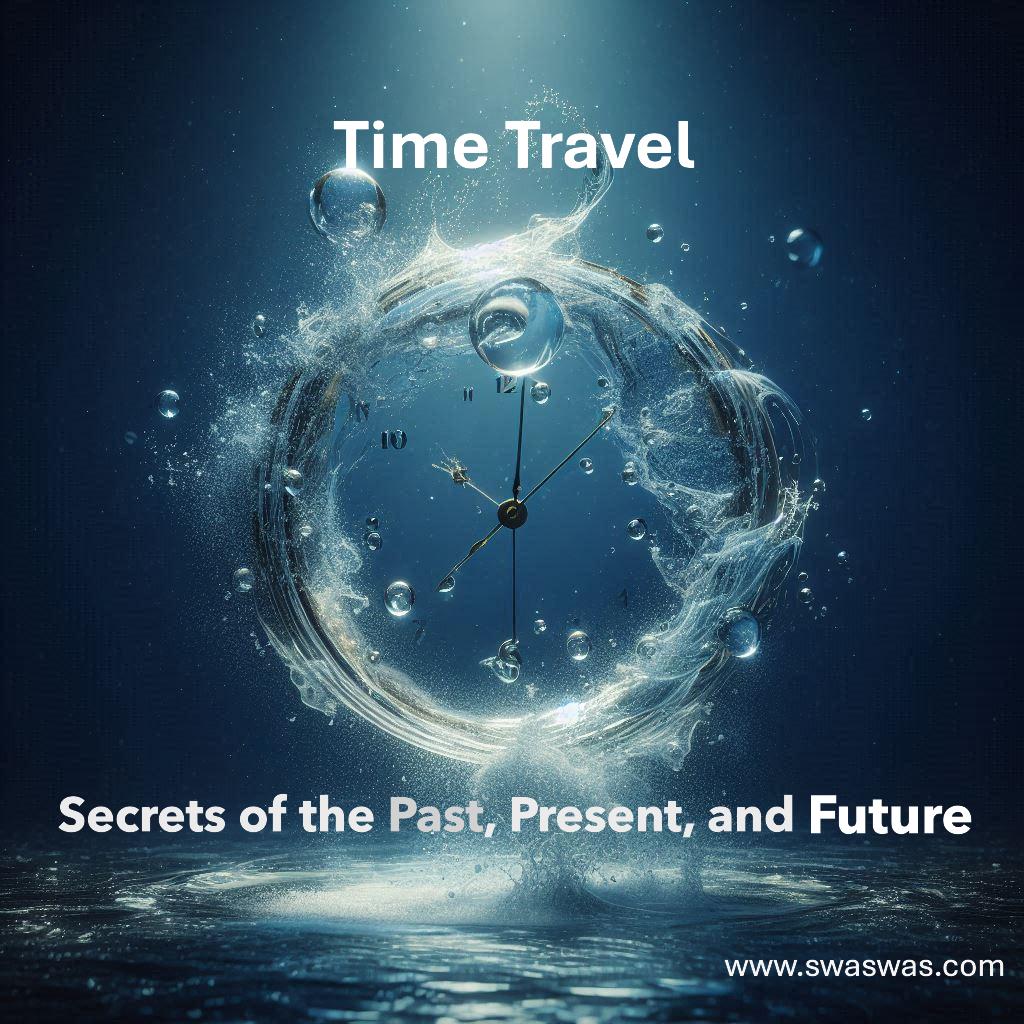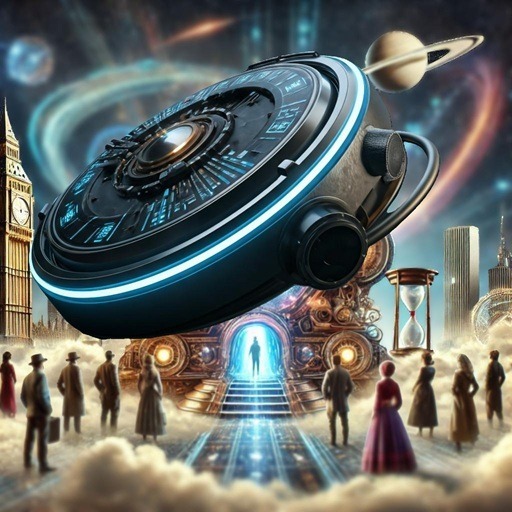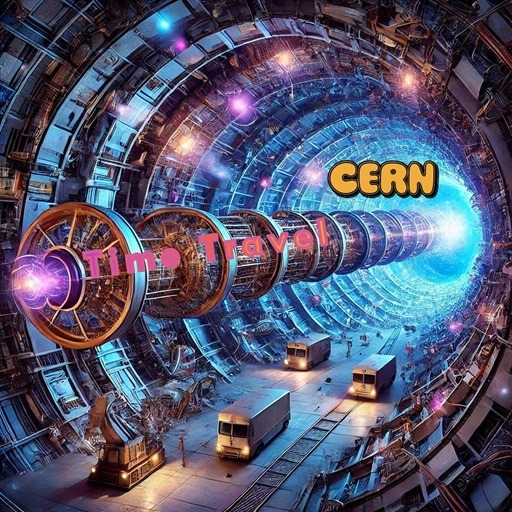Time travel has fascinated humanity for centuries, blending the boundaries between science, philosophy, and imagination. While it remains a staple of science fiction, theoretical physics offers glimpses of its feasibility. In this blog, we delve into the scientific theories that underpin the concept of time travel and explore whether it could move from fiction to reality.
Einstein’s Theory of Relativity: A Gateway to Time Travel
Einstein’s theory of general relativity revolutionized our understanding of space and time. It introduced the concept of spacetime, a four-dimensional fabric where time can bend and warp in the presence of massive objects. This warping, theoretically, could allow time travel. For example, traveling close to the speed of light could slow time for the traveler relative to others, effectively transporting them into the future.
Wormholes: Theoretical Time Tunnels
Wormholes, hypothesized in Einstein’s equations, are shortcuts through spacetime. If traversable wormholes exist, they could connect distant points in time and space, making time travel possible. However, stabilizing a wormhole would require exotic matter with negative energy, which remains theoretical.
Quantum Mechanics and Time Travel
Quantum mechanics introduces concepts like quantum entanglement and superposition, which challenge our classical understanding of time. The idea of quantum time travel involves particles influencing their past states, as seen in experiments like the delayed-choice quantum eraser. While this doesn’t equate to macroscopic time travel, it hints at possibilities within quantum realms.
The Grandfather Paradox and Chronology Protection
One major challenge to time travel is the potential for paradoxes. The grandfather paradox questions what happens if you travel back in time and alter events that prevent your existence. Physicist Stephen Hawking proposed a “chronology protection conjecture,” suggesting that the laws of physics might prevent such paradoxical scenarios.
The Future of Time Travel Research
While time travel remains speculative, advancements in theoretical physics and technology could bring us closer to understanding its potential. Large-scale experiments, such as those conducted at CERN, continue to probe the nature of spacetime, offering hope for future breakthroughs.















Leave a Reply